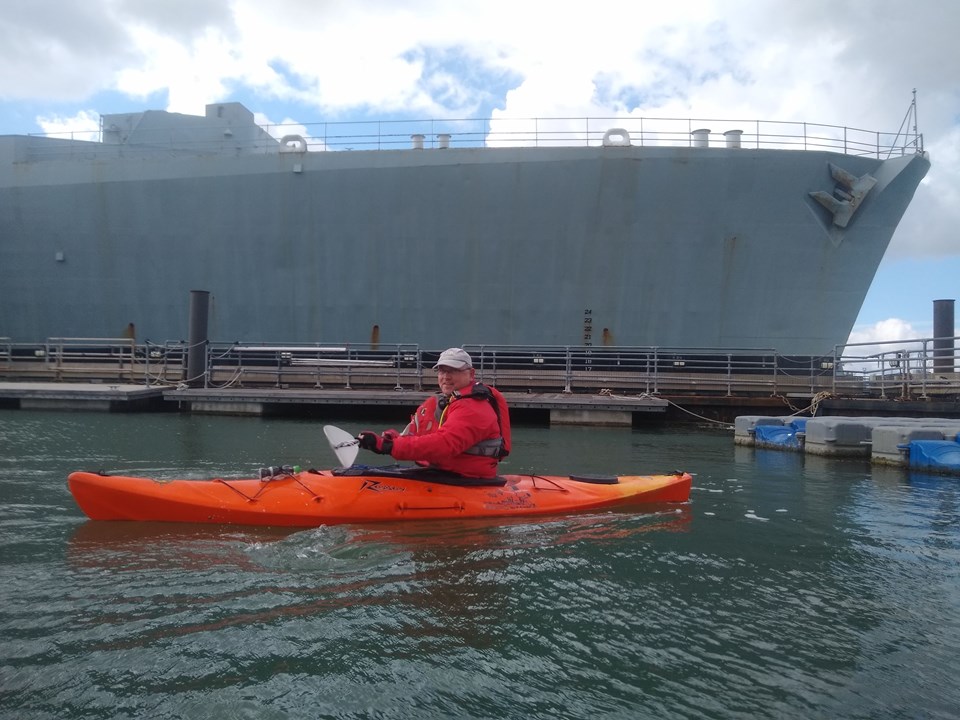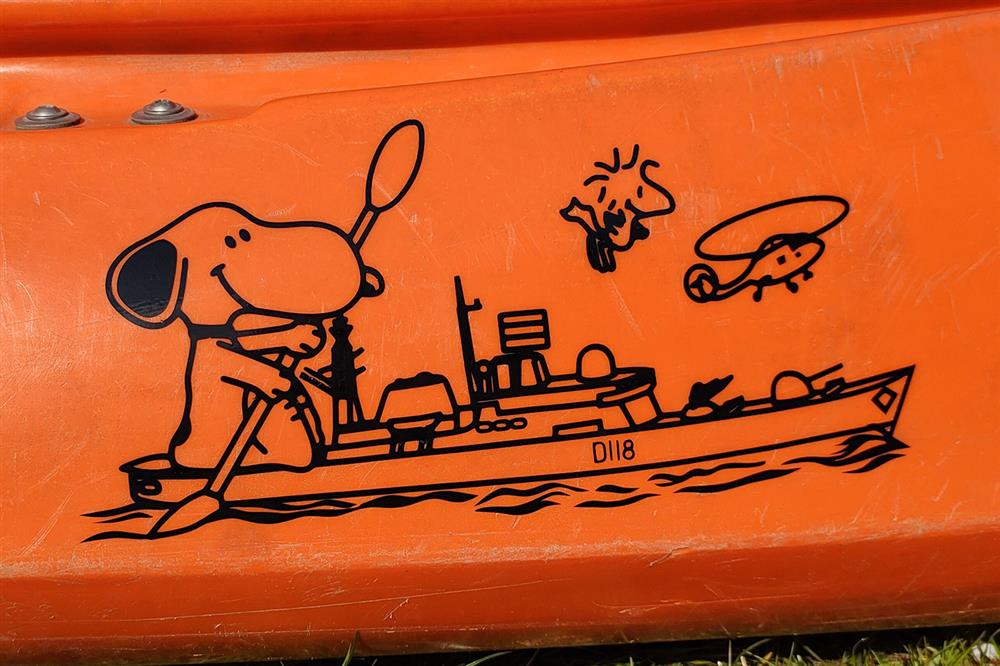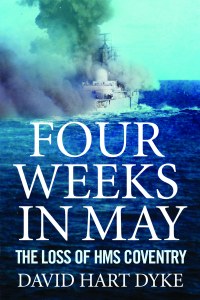Frank Armes memorial

Thanks to the immense efforts of his shipmate Gavin Scott, Frank Armes is now remembered at the site of his former high school in Norwich (Heartsease, now the Open Academy). The school has dedicated a room for the support and protection of students as the ‘Open Ark’, with Frank’s name on the door, and will, each year, award a Frank Armes Unsung Hero Shield to the student most befitting of the unsung hero description. A dedication service for the Open Ark room was held on the 40th anniversary of the loss of HMS Coventry.

There is also a magnificent new memorial bench located in Longwater Park Lane in Costessey, Norwich, bearing Frank’s name. It sits near a new memorial stone to WW1, WW2 and other conflict casualties, including Frank.









